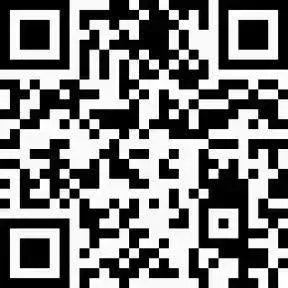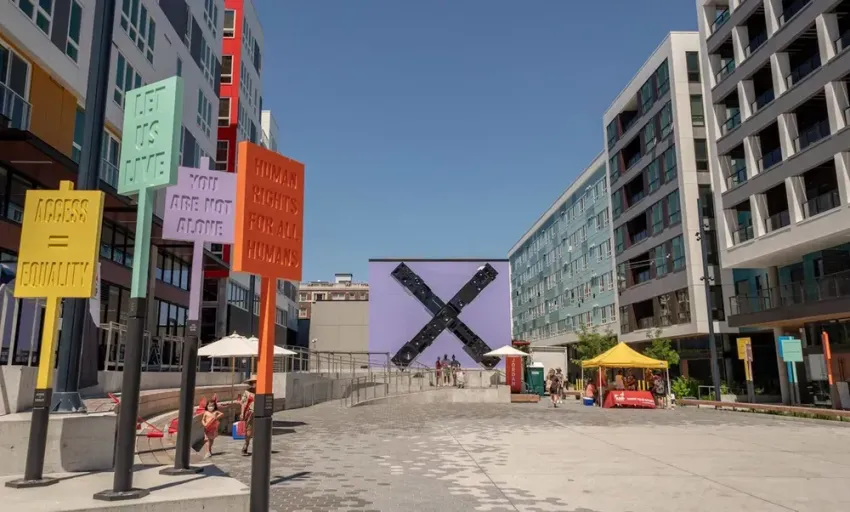A decade ago, former Seattle City Councilmember Tom Rasmussen had an idea. Having served as assistant to the ambitious Jeanette Williams, whose advocacy brought a bridge to West Seattle and made Kubota Gardens into a public park, he could recognize an opportunity for urban renewal when he saw one. He was also the first openly Gay man to serve on the council.
Rasmussen knew the history of the AIDS crisis here in Western Washington. During the early 1980s, it was up to local governments to step in and be a source of hope amid the darkness. While other cities twiddled their thumbs, Seattle was the second, after San Francisco, to declare AIDS a public health emergency, in 1983. Public health departments and Queer clinics worked in tandem to properly track the disease, while establishing support systems like the Chicken Soup Brigade, which brought food and ran chores for housebound Gay men. For those who couldn’t be cured, ways were found to give them proper care and comfort.
Thirty-five years later, Seattleites with HIV are no longer isolated and stigmatized. Instead, they’re our friends and neighbors, free to live complete lives. Now that the worst is behind us, however, how do we ensure we don’t forget its lessons? That the hard work, difficult choices, and quiet grief our community went through was not in vain?
With some unused city funds, Rasmussen saw his opportunity to answer these questions, in the form of a dedicated memorial and art project that would become the AIDS Memorial Pathway.
The AMP started as a public-private partnership between Rasmussen and the Museum of History and Industry, which then ballooned into a 35-person group of professional fundraisers, community activists, and first responders to the AIDS crisis. Subcommittees and smaller projects further grew the memorial, including digital archives preserving the stories of Queer survivors and helpers alike.
On the AMP’s website, alongside the names of 2,000 Washingtonians who have passed, is the story of Dan Mansfield, a Gay, deaf, blind educator who built community and political power for the disabled, told in ASL. There is also Bill Hall, a Tlingit elder and HIV survivor who talks about fighting medical inequities in Indigenous communities. The diversity of perspectives, and the care with which they’ve been presented, demonstrates the AMP’s commitment to leave no voice unheard.
Even as lived experiences become stories from the past, HIV/AIDS remains a part of our reality. Because a million people were infected with HIV last year, and over 600,000 succumbed to its effects, it is still considered an actively spreading pandemic. People in our community, every day, put in the work to curb its impact.
The AIDS Memorial Pathway is not just the happy ending to a larger story. It serves as a reminder of how meaningful it can be when Queer people are heard and represented by their elected leaders.
If you’d like to learn more about HIV/AIDS, the AMP will honor World AIDS Day with the screening of “Common Threads: Stories from the Quilt” at the Cathy Hillenbrand Community Room in Cal Anderson Park,. from 12 to 2 p.m. on December 1. Attendance is free.
Support the Seattle Gay News: Celebrate 51 Years with Us!
As the third-oldest LGBTQIA+ newspaper in the United States, the Seattle Gay News (SGN) has been a vital independent source of news and entertainment for Seattle and the Pacific Northwest since 1974.
As we celebrate our 51st year, we need your support to continue our mission.
A monthly contribution will ensure that SGN remains a beacon of truth and a virtual gathering place for community dialogue.
Help us keep printing and providing a platform for LGBTQIA+ voices.
How you can donate!
Using this link: givebutter.com/6lZnDB
Text “SGN” to 53-555
Or Scan the QR code below!



